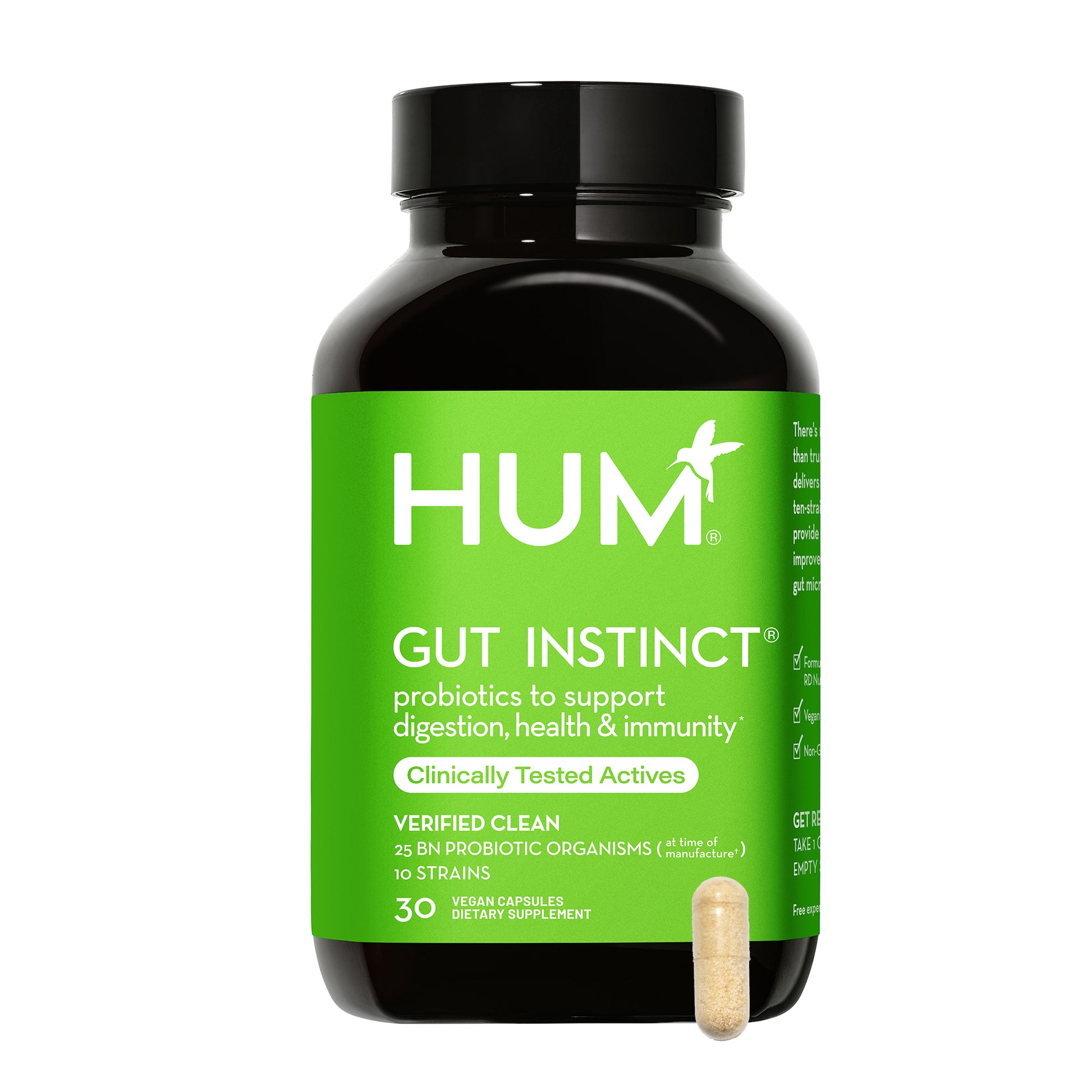Improve Digestion and Overall Health with a Quality Gut Health Supplement
Improve Digestion and Overall Health with a Quality Gut Health Supplement
Blog Article
Discover the Trick to Food Digestion and Immunity With Digestive Tract Health Support

Recognizing Digestive Tract Wellness
Understanding intestine health is critical for overall health, as it plays a significant duty in food digestion, immunity, and also psychological health. The digestive tract, comprising the intestinal system, is responsible for damaging down food, soaking up nutrients, and removing waste. A balanced intestine environment guarantees reliable food digestion, allowing the body to use nutrients successfully.
Moreover, gut health and wellness dramatically influences the immune system. The digestive tract houses a significant portion of the body's immune cells, and a healthy digestive tract can aid ward off microorganisms and lower swelling. Disruptions in gut health can result in an overactive immune action, possibly adding to autoimmune problems and allergic reactions.
In addition, the intestine is often referred to as the "second brain" due to the gut-brain axis, a complex communication network linking the gut and the brain. This connection influences mood, cognition, and psychological health. Concerns such as dysbiosis, identified by an inequality in intestine germs, have been connected with mental health problems, consisting of anxiousness and anxiety.
The Digestive Tract Microbiome Explained

The digestive tract microbiome, a diverse community of microbes living in the intestinal tract, plays a crucial function in maintaining digestive wellness and general well-being. Consisting of trillions of bacteria, infections, fungi, and other microbes, this complex ecosystem aids in the food digestion of food, the synthesis of necessary nutrients, and the law of metabolic procedures.
Each person's gut microbiome is one-of-a-kind, influenced by variables such as diet plan, way of living, genetics, and environmental exposures. A well balanced microbiome supports optimum food digestion by damaging down complex carbohydrates, creating short-chain fats, and promoting the absorption of nutrients. On the other hand, an inequality, often described as dysbiosis, can result in gastrointestinal problems, consisting of irritable bowel syndrome (IBS) and inflammatory digestive tract disease (IBD)
Research has actually shown that a varied microbiome is related to better health outcomes, underscoring the significance of dietary options in supporting these bacteria. Foods rich in fiber, probiotics, and prebiotics, such as fruits, vegetables, and fermented products, can advertise a healthy microbiome. Understanding the gut microbiome is essential for creating targeted interventions intended at improving gastrointestinal wellness and stopping stomach conditions.

Connection Between Digestion and Resistance
A durable connection exists in between digestion and resistance, highlighting the essential role of the intestine in preserving general wellness. The gastrointestinal system is home to trillions of bacteria that develop the gut microbiome, which significantly influences both digestive system processes and immune feedbacks. This complex environment aids in breaking down food, absorbing nutrients, and giving vital metabolites that support immune function.
When food digestion is reliable, the intestine obstacle remains undamaged, avoiding harmful virus from entering the bloodstream (gut health supplement). Alternatively, poor food digestion can bring about an inequality in the microbiome, causing dysbiosis, which has been linked to various health problems, consisting of inflammatory conditions and autoimmune conditions. Furthermore, approximately 70% of the immune system resides in the gut-associated lymphoid tissue (GALT), which engages carefully with the digestive tract microbiome. This interplay ensures that the immune system can effectively compare dangerous and helpful compounds.
Tips for Sustaining Digestive Tract Wellness
Supporting digestive tract health and wellness is crucial for preserving both gastrointestinal effectiveness and a well-functioning immune system. To promote optimal intestine health, consider including several practical strategies into your day-to-day regimen.
First, prioritize hydration. Consuming adequate water sustains food digestion and assists maintain the mucosal cellular lining of the intestinal tracts. Furthermore, normal exercise can improve intestine motility and advertise a diverse microbiome.
Mindful eating techniques are also crucial. Chewing food completely and eating slowly can assist food digestion and avoid over-eating, which might stress the digestive tract. Handling anxiety with techniques such as reflection, yoga exercise, or deep-breathing workouts can positively affect intestine wellness, as anxiety is known to disrupt gastrointestinal processes.
Integrating prebiotics and probiotics into your program is one more reliable strategy. While specific foods will certainly be discussed later on, recognizing the importance of these parts is crucial. Prebiotics act as food for useful digestive tract germs, while probiotics introduce live beneficial organisms.
Last but not least, avoid excessive use antibiotics, as they can interfere with the equilibrium of digestive tract plants. By following these tips, you can considerably contribute to the upkeep of a healthy and balanced digestive tract, which is vital for overall health and vigor.
Foods That Promote Digestive Tract Health

Fermented foods, such as yogurt, sauerkraut, kimchi, and kefir, are abundant in probiotics, which are beneficial germs that support gut flora and boost food digestion. These foods can assist bring back balance in the intestine, specifically after antibiotic usage or gastrointestinal disturbances.
In enhancement to fermented alternatives, prebiotic foods, such as garlic, onions, asparagus, and bananas, official statement act as nutrition for these probiotics, advertising their development and activity. These soluble fibers support gut mobility and can alleviate problems like irregularity.
Moreover, including high-fiber foods, consisting of whole grains, veggies, fruits, and vegetables, is important for keeping a healthy gut. Fiber help in regular digestive tract movements and helps avoid digestive problems.
Lastly, omega-3 fats found in fatty fish, flaxseeds, and walnuts have anti-inflammatory buildings that can additionally sustain digestive tract health and wellness. Emphasizing these foods in your diet plan can bring about a robust digestion system and enhanced immune function.
Verdict
In final thought, focusing on digestive tract wellness is important for enhancing digestion and boosting immunity. A balanced intestine microbiome, influenced by nutritional choices and way of life variables, plays an webpage essential function in nutrient absorption and swelling decrease. Incorporating fermented foods, prebiotics, and high-fiber choices, alongside appropriate hydration and stress and anxiety management, can substantially advertise intestine wellness. By adopting these techniques, people can support overall health and wellness and vitality, opening the possible advantages of a well-functioning stomach system.
Comprehending digestive tract health and wellness is essential for total well-being, as it plays a Going Here considerable duty in food digestion, resistance, and also mental health. The gut houses a substantial portion of the body's immune cells, and a healthy and balanced intestine can aid fend off microorganisms and minimize inflammation.Additionally, the gut is frequently referred to as the "2nd brain" due to the gut-brain axis, an intricate interaction network linking the mind and the digestive tract.A robust link exists in between digestion and immunity, highlighting the critical duty of the digestive tract in maintaining total wellness.In verdict, prioritizing gut wellness is necessary for enhancing digestion and boosting immunity.
Report this page